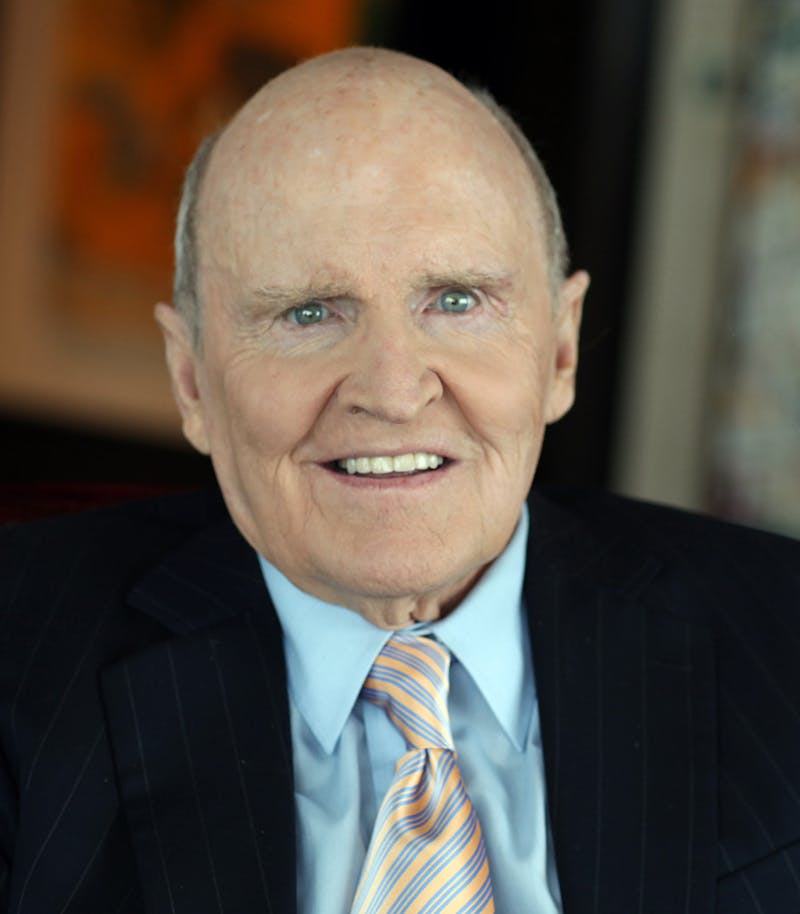In December, New York Magazine published an entire edition dedicated to nepotism babies. For those unaware, a nepotism baby is someone who is born of wealthy parents and whom society sees as having an advantage in life.
While the article explores those born of actors and celebrities, “nepo-babies” is an umbrella term that really covers anyone with parents who are somebody.
It definitely feels unfair, but has been around for literally ever. They had these issues with governments and churches with people getting power just because their uncle/dad/grandfather put them there so they could keep their power.
It is the same problem now, and occurs everywhere. If you look hard enough, you can see it at Shippensburg in certain areas. It’s not wrong to recommend your kid or someone you know to a role if they have the credentials for it — it becomes a problem when they get power and do not know how to use it.
Celebrity families are like royalty, and so it makes sense that their kids would experience nepotism. Some of them become qualified in their careers over time (looking at the Hadid’s) and that boost in the beginning seems unfair, but is hard to avoid. Even if celebrity parents didn’t recommend their kids into roles, you know they would get a preference anyway, and that isn’t nepotism.
Certain nepo-babies actually have talent and sometimes you know the baby more than the parents. Maya Hawke for example, is very talented and many didn’t know her parents were Ethan Hawke and Uma Thurman when she debuted in Hollywood.
Then you think of people like Kendall Jenner and Hailey Bieber and it seems unfair to the other models who are significantly better than both, and you can probably name a multitude of people at Shippensburg University that dress better than both of them.
It becomes a problem when underqualified people in any area besides Hollywood are getting put in positions that more qualified people deserve and have actually worked for. The whole idea of nepo-babies contradicts the idea that if you work hard, you can go places. Is it a problem? Yeah. Has it been around forever? Ask Augustus Caesar. People use their connections (there’s a reason the Career Center harps about networking), but what most take issue with is when it works against meritocracy, or affects real power. Many do not really care about the Kardashians or the children of actors getting gigs, but what many do care about is political dynasties like the Bushes and Clintons. There’s a reason Bob Casey is a senator, and it isn’t his policy positions on abortion. It’s the fact that his name is Bob Casey *Jr.* Name recognition goes a long way, and it doesn’t hurt your election chances when your dad was Governor.
Having wealthy, educated parents is a pretty good signifier that you will end up wealthy and educated. Like generational wealth, it passes down. If you are a professor, your kids get free tuition. That ends up gatekeeping education based on your parents’ wealth and privilege. Nepotism has always been a part of our society, so many do not really understand the recent conversations about it. It is simply a piece of the systems we live in.
If you are born wealthy, you’ll most likely remain wealthy. If you are born to famous parents, you are more likely to be famous. It is inevitable, unavoidable, and to me, irrelevant.
We are all born into our own situation and status and there’s no way to stop something like nepotism in my opinion. You wish you had the same opportunities that a “nepo-baby” has? Absolutely. Is it right to hold it against them for being born luckier than most? No way.




The Slate welcomes thoughtful discussion on all of our stories, but please keep comments civil and on-topic. Read our full guidelines here.